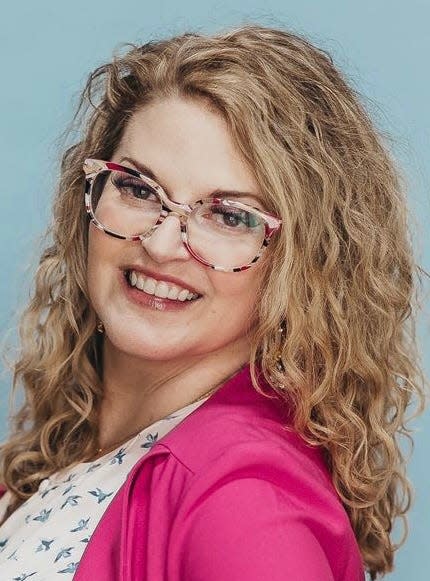I love getting sick. I know that sounds strange, but no matter what it is – a cold, the flu or a stomach bug – it secretly makes me happy in a twisted way.
Please don’t get me wrong – I’m thankful for my mostly good health. I do take care of myself to the best of my ability, but it’s so much easier to have a physical, apparent illness rather than (invisible) depression, not to mention other not-so-apparent mental health conditions.
When I’m depressed or anxious, which happens a lot, I feel judged for having an mental illness. One that can’t always be substantiated. For decades I’ve missed school, work and social situations because of my illnesses, including chronic migraine disorder that would put me in the hospital at times. I was still given a poor grade or written up. I’ve been judged and gossiped about. Considered lazy and having a poor work ethic. It wasn’t fun to feel alienation I couldn’t control. I stopped admitting I was mentally ill and told others it was solely my migraines making me sick but that didn’t do any good either, seeing as how you can’t always prove a migraine.

We live in a world where you’re told to give 110% and push past the pain. That there’s no room for weakness, and people buy into that, but surely I wouldn’t be asking to walk on a broken ankle?
I’ve prayed to get sick to avoid all these ramifications and that’s just not right. It’s an insult to those who are sick who truly need help.
So why does this happen? In the past few years it has gotten better because mental illness is becoming easier to talk about and the stigma is lessening, but we have to do better.
People lie or don’t disclose they have depression for fear of what it might do to their reputation, relationships or job status. They can’t or don’t reach out, even when they’re struggling the most. Even when someone is suicidal. Especially if someone is suicidal.
About 75% of employees have struggled with an issue that affected their mental health, yet 8 out of 10 workers with a mental health condition say shame and stigma prevent them from seeking help, according to Kaiser Permanente. But it’s not just an employee problem – untreated mental health conditions cost American companies
Billions each year. Untreated depression cost $9,450 per employee per year in lost productivity and days missed.
Mental illness is the single greatest cause of worker disability worldwide and 62% of missed workdays can be attributed to mental health conditions
Talk about “crazy.”
Must we really push past the pain when we’re suffering this much? Nobody should be praying to be sick or masking their pain. Let’s cut the crap.
Too often people with a mental illness only get empathy when they have a “breakdown,” go to a psychiatric facility or die by suicide. I don’t mean to be extreme, but that’s been my experience. Like I said, it’s slowly getting better, but we have work to do.
I was hospitalized five years ago, and when I came back home, I told everyone about it. I blogged and wrote forum pieces to the Caller-Times about it. I didn’t want someone to find out my “dirty little secret.” So I spilled the tea first to let others know that there’s no shame is breaking down. Nothing’s wrong with having a mental health condition. It’s definitely okay to have one. I wasn’t weak (and am not now). I had to be strong to confront my problems and illness; go to family and individual therapy; change every single one of my medications; and endure multiple electroconvulsive therapy (ECT) treatments. Hearing how my illness, bad behavior and the wrong coping strategies I used negatively impacted my husband and two young children was the most difficult thing I’ve had to hear.
I am much stronger now. Hell, I’m a warrior, fighting for my health every single day. Everyone with a mental illness is, even though it isn’t always acknowledged by others. But I see y’all and your challenges, your suffering.
Now I’ll pray I don’t get sick, not even with a little summer cold. While I need to be okay with possible judgement from others, I need them to know when I’m suffering and when I need help. Sometimes my life literally depends on it.
A lot of lives depend on that.
Let’s do better.
For more than 20 years, Heather Loeb has experienced major depression, anxiety, an eating disorder and a personality disorder, while also battling the stigma of mental health. She is the creator of Unruly Neurons (www.unrulyneurons.com), a blog dedicated to normalizing depression and is the Affiliate Leader of NAMI Greater Corpus Christi.
This article originally appeared on Corpus Christi Caller Times: Mental health problems aren’t weakness, writes columnist Heather Loeb
